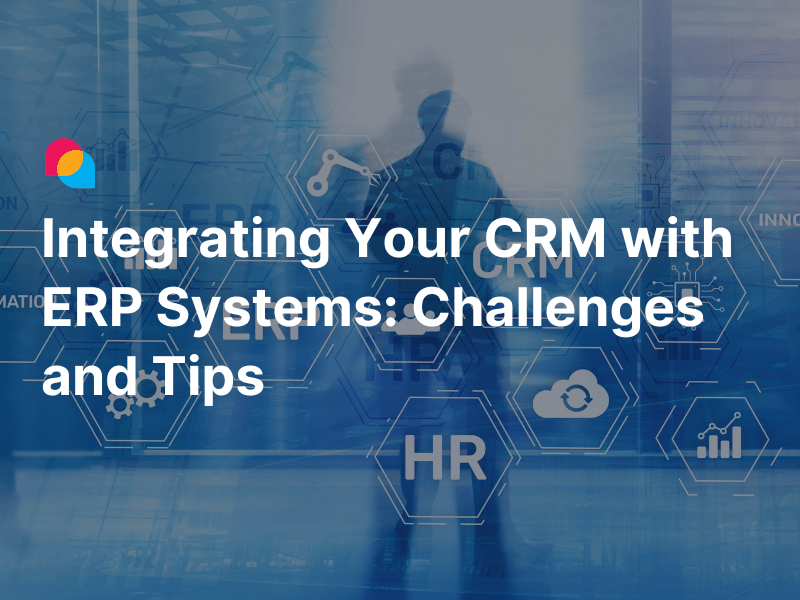The world is steadily approaching a zero-cash future. In part, it's already here in the form of numerous online payment methods like credit cards, debit cards, wires, checks, e-wallets, ACH, to name a few. Multiple modern marketplaces embrace online payments to provide more value in the transaction process and capture their commission. Nonetheless, the online payments sector is complicated and strictly regulated for most small (or even large) businesses. Given that, most businesses opt to partner with a payment service provider (PSP) available rather than building their own payment infrastructure, which is both costly and time-consuming.
As more and more PSPs enter this market with new offerings, marketplace owners find it increasingly challenging to decide which payment solution is suitable for them. This article will help you compare the most prominent payment gateways providers for the marketplaces - PayPal, Stripe, Amazon Pay, Adyen MarketPay, MANGOPAY, and BrainTree. What's more, we also discuss how critical security is of online payment. This way, you'll have a better idea of what you're looking for when selecting a marketplace PSP.
How to choose a marketplace payment gateway
A payment gateway is a technology that enables credit or debit card payments to be integrated into mobile apps/websites. It's among the best practices for processing online payments. There are two types of payment gateways out there, including hosted and non-hosted (or integrated).
- Hosted solutions
The hosted gateway is the ready-made solution offered by online payment gateway providers. It redirects the user from the checkout page to another online processing platform to make the payment and back to your website after completion. When selecting a hosted solution, you should go through a well-known service to reduce the unfamiliar feel and unexpected situations. PayPal, Amazon Pay, and Stripe are popular hosted payment gateways for the marketplace. - Integrated solutions
This approach involves integrating payment API for the website and keeping it on your checkout page by connecting you directly to the gateway. As a marketplace provider, you are responsible for providing a smooth, safe, protocol-compliant payment process for your clients. This integration process is also a bit more complicated. Even with ready-made tutorials, it still requires some knowledge about web development. Adyen MarketPay, MANGOPAY, and BrainTree are some marketplaces' popular integrated gateway providers.
Key factors to consider when selecting a payment service provider
There are hundreds of payment service providers available today. In the scope of this article, we will look at six companies that cater specifically to marketplaces: PayPal, Stripe, Amazon Pay, Adyen MarketPay, MANGOPAY, and Braintree. In addition to the essential payment features you need from PSPs, there are some critical factors we suggest you consider before making your final choice.
(Note: The information was last updated on March 16, 2022.)
| # | Hosted solutions | Integrated solutions | ||||
| PayPal | Stripe | Amazon Pay | MANGOPAY | Adyen | Braintree | |
| Fees (per transaction & additional) |
2.9% + $0.30 per transaction for online payments. (domestic transaction in the US)
3.9 % + a fee based on the currency used (outside the US)
|
2.9% + $0.30 per transaction for online payments
|
2.9% + $0.30 per transaction for online payments (domestic transaction in the US)
3.9% (international transaction)
|
1.8% + €0.18 per transaction for online payments
|
$0.12 processing fee per transaction for online payments
|
2.9% + $0.30 per transaction for online payments
|
| Setup fee | No | No | No | No | No | No |
| Ease of integration (*) | Difficult | Easy | Easy | Easy | Easy | Easy |
| ACH payments | Yes | Yes | Yes | Yes | Yes | Yes |
| A marketplace owner and merchants’ location |
Globally PayPal has a list of prohibited countries, including Belarus, Burma, Iran, Iraq, Liberia, Nigeria, North Korea, Sudan, Syria, Western Balkans, Zimbabwe.
|
47+ countries
|
170+ countries
|
125+ countries
|
37+ countries
|
40+ countries
|
| Tax reporting tools | Yes | Yes | N/a | N/a | Yes | Yes |
|
Support for split payments/sellers can act as MOR (merchant of record)
|
Yes | Yes | Yes | Yes | Yes | Yes |
| Currency support |
25+ currencies |
135+ currencies | 12+ currencies | 10+ currencies | 120+ currencies | 130+ currencies |
| Payment methods |
- PayPal |
- Credit cards
|
- Credit cards
|
- Credit cards
|
All major card schemes and mobile wallets such as Apple Pay and Google Pay. It also supports local payment methods like iDEAL in the Netherlands, and SEPA throughout the EU.
|
- PayPal
|
| Security requirements |
- Payment Card Industry Data Security Standard (PCI DSS) compliance
|
- PCI DSS compliance
|
- PCI DSS compliance
|
- PCI DSS compliance
|
- PCI DSS compliance
|
- PCI DSS compliance
|
| Famous users |
- eBay
|
- Lyft
|
- Samsung
|
- Plentific,
|
- Uber
|
- Github
|
| Founded | 1999 | 2011 | 2007 | 2013 | 2006 | 2007 |
(*): The difficulty level of integration is evaluated based on PSP's developer documentation, considering 2 critical factors: time and cost.
Payment security in online marketplaces
One of the most significant pain points with financial apps is security. Clients are willing to overlook somewhat sluggish performance or a clumsy user interface. Still, they want to ensure that their money and personal information are safe.
First and foremost, you need to make sure the payment gateway provider is certified for following information security standards like Payment Card Industry Data Security Standard – PCI DSS Compliance, the General Data Protection Regulation (GDPR), to name a few. It's an information security standard for organizations that handle branded credit cards from the major card schemes administered by the Payment Card Industry Security Standards Council. In addition, you can protect your customers' data, prevent breaches of sensitive financial data and ensure your marketplace platform is reliable by using the following solutions:
- Security lock allows for Touch ID or PIN entry depending on the user's choice.
- Users can use two-factor authentication with a one-time-use login code.
- An optional text message or push notification is sent to a user after each transaction.
- Instant notifications via email, text message, or push notification if suspicious activity is detected on a user's account.
- Customer support and fraud protection services are available, plus instant freezing of card spending if a user loses a card.
Read also:
- How to build an online marketplace platform
- How to build an online B2B marketplace platform
- Top essential features of a B2C marketplace platform
- How to choose the right revenue model for a sustainable marketplace platform
- How to choose the best-fit marketplace development approach to your situation
Final thoughts,
Payment gateway integration in marketplaces has become a necessity rather than a handy. Customer safety and convenience are currently top priorities, which means you should opt for adding an easy, hassle-free, and secure payment system.
We've gone through the top 6 popular marketplace payment service providers. We hope this sharing can offer you an overview of marketplace payment service providers. Since then, you can feel more confident about choosing a payment system that fits your business requirements and meets your customers' needs. Along with that, you can consult your software development partner if you're uncertain about what solution to pick out.





